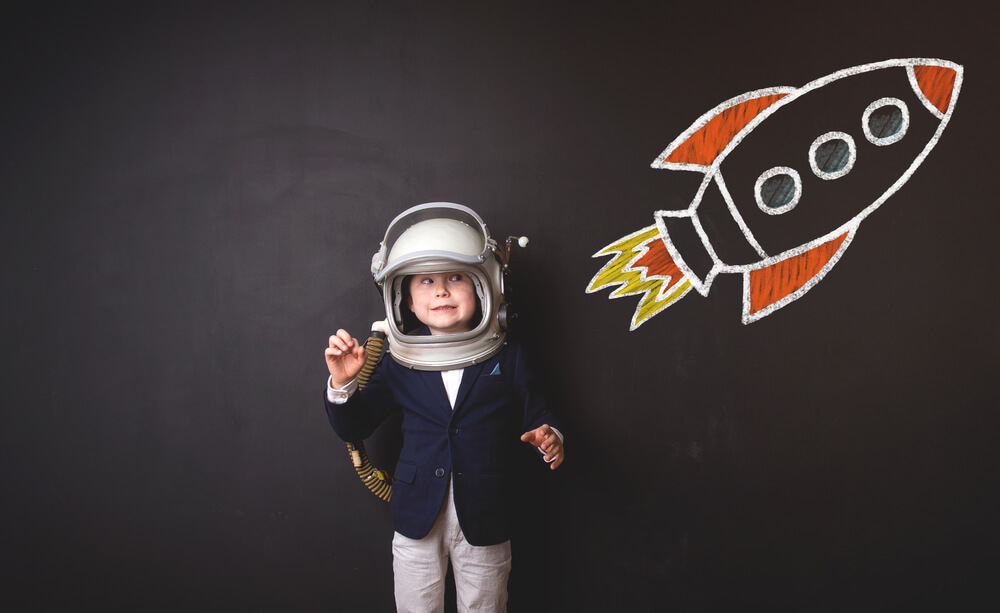
How a Growth Mindset Benefits Kids’ Social-Emotional Development
Carol Dweck, professor of Psychology at Stanford University, introduced the concept of the growth mindset in her best-selling book Mindset: The New Psychology of Success. A growth mindset is when individuals believe their skills and talents can be developed through hard work, good strategies, and input from others. Alternatively, a fixed mindset is a belief that talents are innate gifts. Dweck’s research found that people with a growth mindset tend to achieve more than those with a fixed mindset.
This proved true for schools and students as well. Schools that focused on developing a growth mindset in students showed more academic growth and success. When kids focused on working hard and learning more than outcomes and grades, they did better.
So what happens when a growth mindset is applied to kids’ social-emotional learning and development? To start, let’s dive into why social struggles intensify in the preteen and teen years.
Why Social Struggles Intensify In the Preteen and Teen Years
Friendship can be challenging during childhood and adolescence. Preteens and teens are learning how to navigate complex social groups of peers alongside the physical, emotional, and intellectual changes that accompany puberty. Social struggles during this phase are often tied to one or more of the following:
- Friendship Changes—Friendship changes are common in kids and teens. When kids are younger, friendships tend to bloom based on proximity (same class, same neighborhood, etc.). As kids age, they begin to seek friendships based more on similarity (similar interests, personalities, activities) and deeper levels of acceptance.
- Misinterpreting Neutral Behavior as Negative or Hostile—Not being invited to a party, a text that goes unreplied, or even an offhand remark may cause stress in tweens and teens. It’s easy for kids to jump to conclusions and assume hostile intent, but often there is more to the story.
- Range of Social Skills—Friendship requires a variety of skills that take time and practice to develop. Effective communication, flexibility, conflict resolution, managing emotions, trustworthiness, speaking up, listening, and learning to share are just some of the skills kids develop throughout childhood. With such a wide range of skills in every classroom and home, social strife is common.
What Does a Growth Mindset Look Like for Social-Emotional Development?
Friendship changes, misinterpreting behavior, and the diverse range of social skills contribute to struggles and strife during the preteen and teen years. So how can caregivers help kids approach this phase with a growth mindset?
Parents and schools can help kids navigate their social world with a growth mindset by encouraging them to:
- Stay open to friend changes and new friendships.
- Avoid assumptions and jumping to conclusions.
- Remember that social skills require practice and that mistakes are common.
Schools and homes are prime training grounds to help kids develop social-emotional skills. New friendship dynamics and conflict continuously emerge—and that’s okay. Each provides an opportunity to practice social-emotional skills and learn to manage uncomfortable emotions and situations in healthy ways. A growth mindset keeps the focus on practicing these skills and allowing for mistakes in the process. Most importantly, a growth mindset helps kids stay open to growth in themselves and others.
Jessica Speer is the author of BFF or NRF (Not Really Friends)? A Girl’s Guide to Happy Friendships, which grew out of her friendship program that strengthens social awareness and helps kids learn to navigate common struggles. She has a master’s degree in social sciences and focuses her research and writing on social-emotional topics for kids and families. To learn more, visit www.JessicaSpeer.com.
